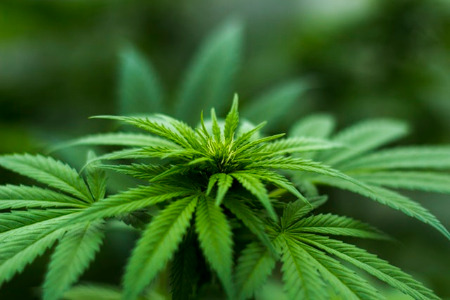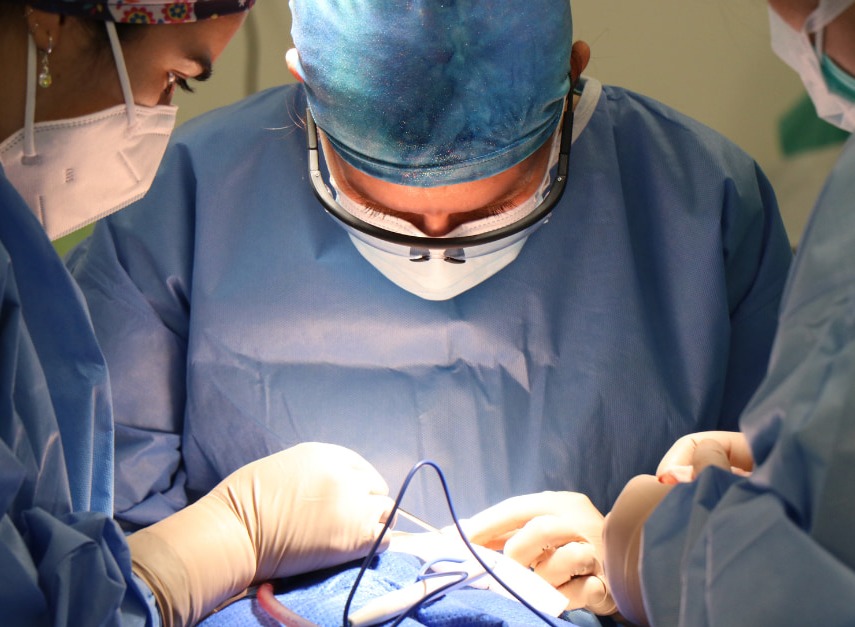FDA Approves First Marijuana-Based Drug to Treat Epilepsy
Published 12 Jul 2018

On June 25, 2018, the Food and Drug Administration (“FDA”) approved Epidiolex (cannabidiol), the first marijuana derived drug for use in the United States, to treat two rare forms of epilepsy.

This decision for the FDA could have sweeping effects for the marijuana industry. While the FDA has previously approved drugs comprising synthetic (manufactured) cannabinoids, this is the first FDA approved drug comprised of an active ingredient derived from marijuana. Even with FDA approval, further action is required before Epidiolex can enter the market in the United States.
Epidiolex will be the first pharmaceutical form of the cannabinoid cannabidiol, or “CBD.” CBD is a chemical component of the Cannabis sativa plant commonly known as marijuana. Unlike tetrahydrocannabinol or “THC” (a different and highly discussed cannabinoid found in marijuana), CBD is not known to have psychoactive affects. However, because CBD derived from marijuana is considered part of the marijuana plant, it is currently listed as a Schedule I controlled substance and illegal for all uses in the United States.
The Drug Enforcement Administration (“DEA”) must reclassify CBD in order for Epidiolex to be cleared to enter the market in the United States. This process will likely take months and is currently the topic of much speculation. There are five schedules for controlled substances and each controlled substance is scheduled based on whether there is a current acceptable medical use in the United States, their relative abuse potential, and the likelihood of causing dependence when abused. Schedule I drugs have no accepted medical use. Thus, CBD’s classification as such is clearly contrary to the FDA’s recent decision. It is unclear how the DEA will reschedule CBD or if it will expand reclassification to include the entire marijuana plant (this latter option is highly unlikely).
Once Epidiolex enters the market, it may be prescribed beyond the few FDA approved uses. Epidiolex has been approved for the treatment of two rare and severe forms of epilepsy, Lennox-Gastaut syndrome and Dravet syndrome. Doctors, however, generally have the ability to prescribe drugs for unapproved, or “off-label” use. The FDA has generally accepted such procedures for various reasons.
While Epidiolex’s approval is significant, FDA Commissioner Scott Gottlieb made clear in a press release that it is not an approval of marijuana or all of its components. That said, the federal government, through the FDA, has now officially recognized that there are some medical benefits to the marijuana plant, suggesting that there is a path forward leading to the legalization of marijuana at the federal level for healthy, medical-based use of marijuana. Of course, such use has been backed by thorough research, which is essential to any future approvals of similar or new marijuana derived products. In sum, as a result of the FDA’s decision, we are likely to see the DEA reclassify CBD, which may pave the way for more developments and subsequent approval of products with CBD.
Lexology
1 comment
You will also like

Epilepsy medicines pregabalin and gabapentin to be reclassified as class C drugs
24 Oct 2018 • 5 comments

 Facebook
Facebook Twitter
Twitter


